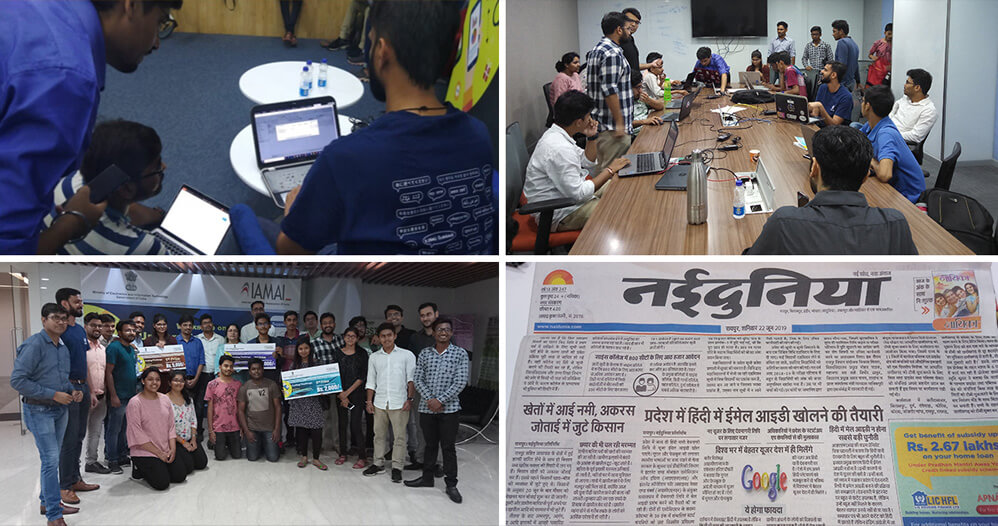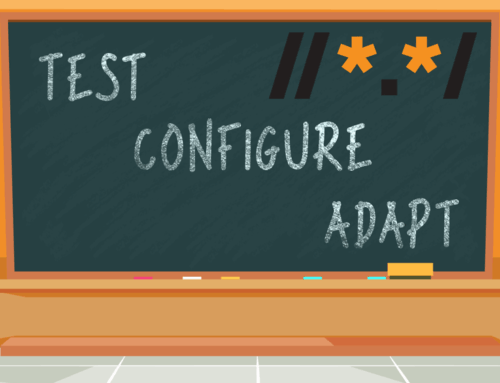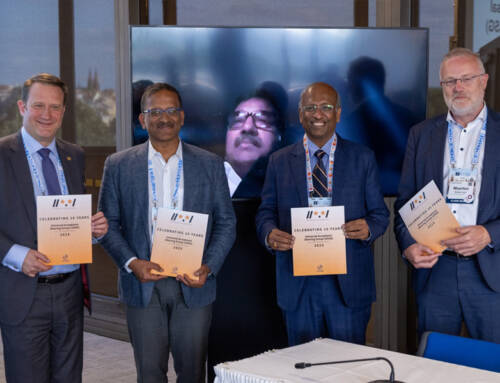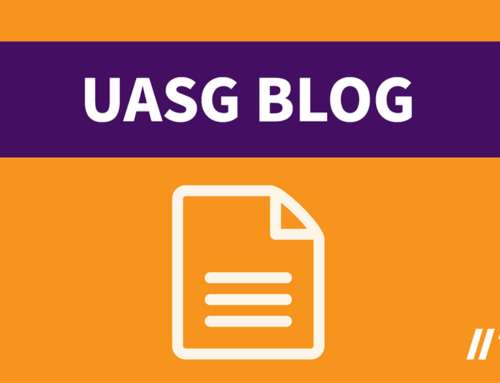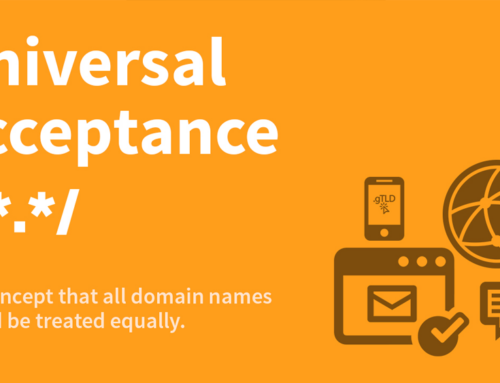By Harish Chowdhary, UA Ambassador and Technology Analyst for the National Internet Exchange of India (NIXI)
Twenty-four developers, a group with a unique role to play in ensuring the successful expansion of the Internet to non-English speakers, kicked off a coding event in Raipur, Chhattisgarh to address challenges related to Universal Acceptance (UA). Hosted by the Internet and Mobile Association of India (IAMAI), with support from the Ministry of Electronics and Information Technology (MeitY) and the government of India, this UA workshop and coding challenge took place on 22 June 2019 in the Mobile10X hub at 36INC, which is a startup-business incubator and accelerator.
The challenge? Create a website, web application or web service that would work with – specifically, accept, validate, store, process and display – all domain names and email IDs written in languages based on Devanagari scripts. Such languages and dialects include Chhattisgarhi and Surgujia, which are Indo-Aryan languages spoken by 18 million people in the Indian state of Chhattisgarh. Right now, Internet users who have domain names or associated email addresses with Devanagari scripts are not guaranteed to be able to use them as they interact on the Internet. Why? Because not all websites and applications are UA-ready. UA is a best practice that ensures all domain names and email addresses work with all applications, devices and systems – it is the key to achieving a truly inclusive and multilingual Internet.
After listening to a presentation on the fundamentals of UA, the developers broke into four teams to complete the challenge. The teams used libraries from the Universal Acceptance Steering Group (UASG) and the IDNA project webpage, as well as GitHub repositories to upload their developed code for seamless review and integration, which can now be accessed online for future use, here: suvahsha-rana, arkRedM, amrita019 and divich. Two of the teams worked within Python using the Python library, and two others used Java and JavaScript. The participating delopers belonged to startups and many used their coding language and framework knowledge to convert their exsisting projects to make them UA-ready. The websites created include: http://ईंटरनेट.भारत/ and https://smilebotsua.firebaseapp.com/. The winning teams received cash prizes.
This successful event is the first in a series hosted by the IAMAI, Meity and NIXI (National Internet Exchange of India) aimed at spreading awareness about UA among Internet business, developer and startup communities. The remaining events are planned to take place throughout India in Bhopal, Jaipur, Pune, Patna and Lucknow. While there is still work to be done to make UA a reality, I am encouraged by the progress and awareness spreading around the world thanks to dedicated organizations like the IAMAI and NIXI under the guidance of MeitY.
Are you up to the challenge of making the internet UA-ready?
The UASG has developed UA-readiness information for developers and IT leaders, which can be found at https://uasg.tech/document-hub/. Using this UASG widget, anyone can check to see if their mail server supports receiving email addresses in different scripts at https://uasg.tech/eai-check/. Further, contact the UASG directly with questions or request more information at info@uasg.tech.

